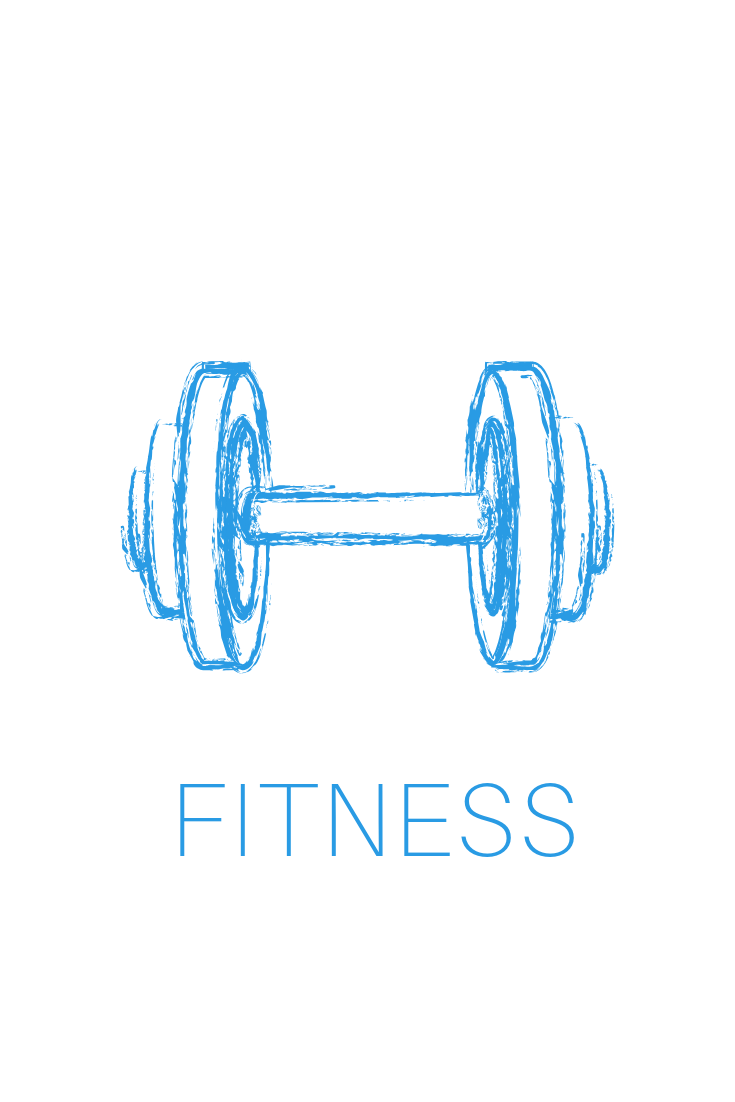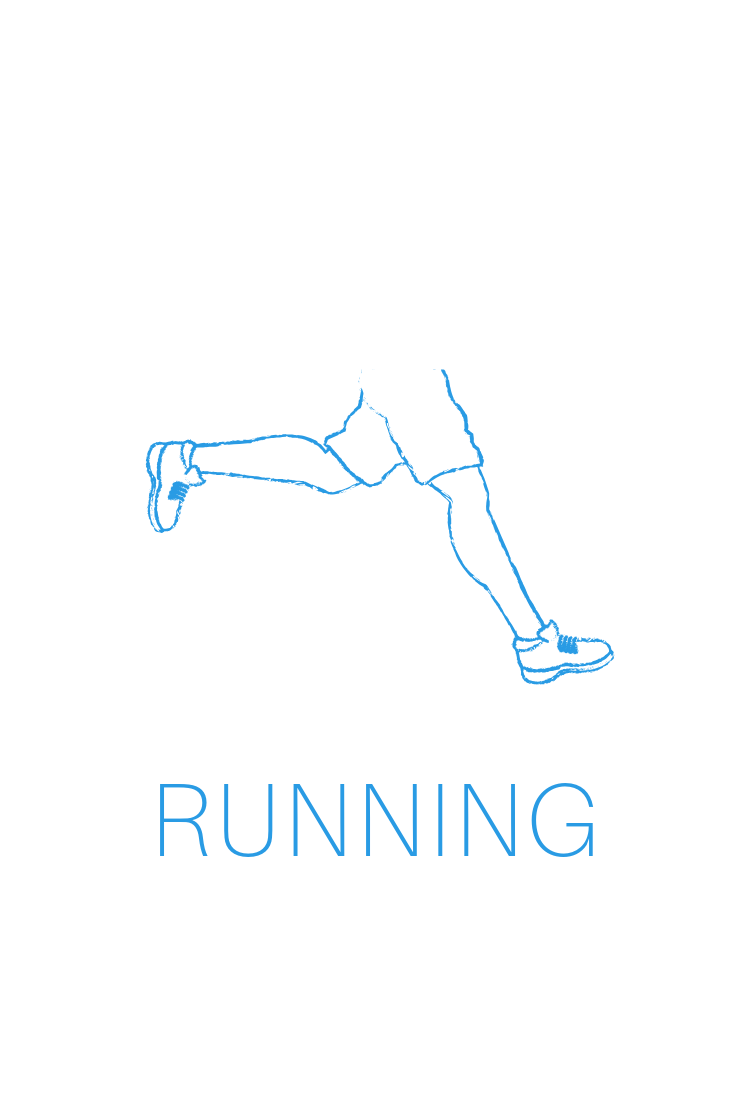Exercise: What Matters Most?
There are only so many hours in one day, so we need to make wise decisions about how to use our time to stay fit. Is it more effective to exercise often for less time, or less often but for longer?
Understanding the F.I.T.T. principle helps create a workout plan that will be more effective in reaching your fitness goals. The four elements in the F.I.I.T. principle are:
Frequency: How often you exercise over a period of time e.g. 3 times a week, every second day etc.
Intensity: How “hard” you train at each session e.g. high intensity intervals vs. moderate cardio sessions etc.
Type: What form of exercise you choose to do at each session e.g. running, weight lifting, swimming, yoga etc.
Time: The length of each individual training session e.g. a 20-minute high intensity session, an hour-long aerobic session etc.
In a well-balanced program, all four factors of the F.I.I.T. principle should be taken into account. We need to balance the intensity of the program with recovery days, ensure the types of exercise we choose include a mix of strength and cardio training, and make sure we are exercising for the right amount of time throughout the week.
Although all factors of the F.I.I.T. principle are important, there is one component that we should focus on above all others, and that is frequency. How often you exercise will have the greatest impact on your health and fitness goals, more so than intensity, type or time.
Consistency is arguably the most important component when working to accomplish heath and fitness goals. Frequency of exercise is the key to making changes or staying the same. Fitness gains occur when your body is placed under stress, and the amount of stress on the body is gradually increased over time. The body’s biological reactions to the regular stressors it’s being placed under (such as increased blood flow due to the increased need of oxygen to the muscles) ultimately leads to an increase in strength, endurance and overall fitness. Training consistently will greatly increase the likelihood of the body adapting sooner than it would with irregular training, no matter how hard you train.
The other benefit that comes with consistency is habit formation. Habit formation is the process by which behaviours become automatic. In order to make something a habit, it needs to be repeated regularly so that it may become a part of your routine. Only exercising once every week or two does not allow this action to become a regular, fixed part of your week. You will be much more likely to skip a session here and there … until you suddenly realise you have gone for weeks without exercise. The more often we do something, the more likely we are to continue doing it.
Conclusion
Exercise does not need to take hours out of your day. Every exercise session does not need to be incredibly intense and, as long as you are combining strength and cardio work, it doesn’t really matter what type of exercise you do. The most important factor is to exercise consistently, and for life.
Fit your life, for the rest of your life.
By Angie Black
ANGIE BLACK
BLOG CATERGORIES:







